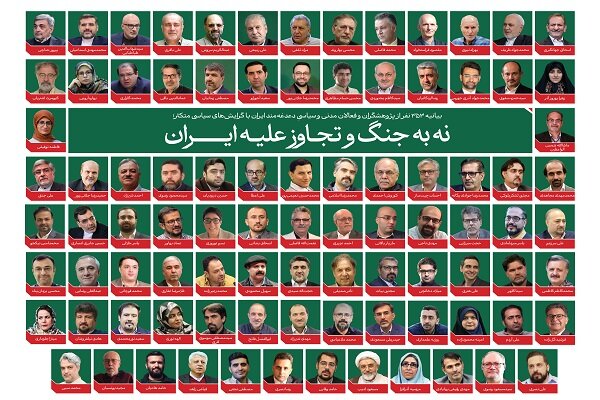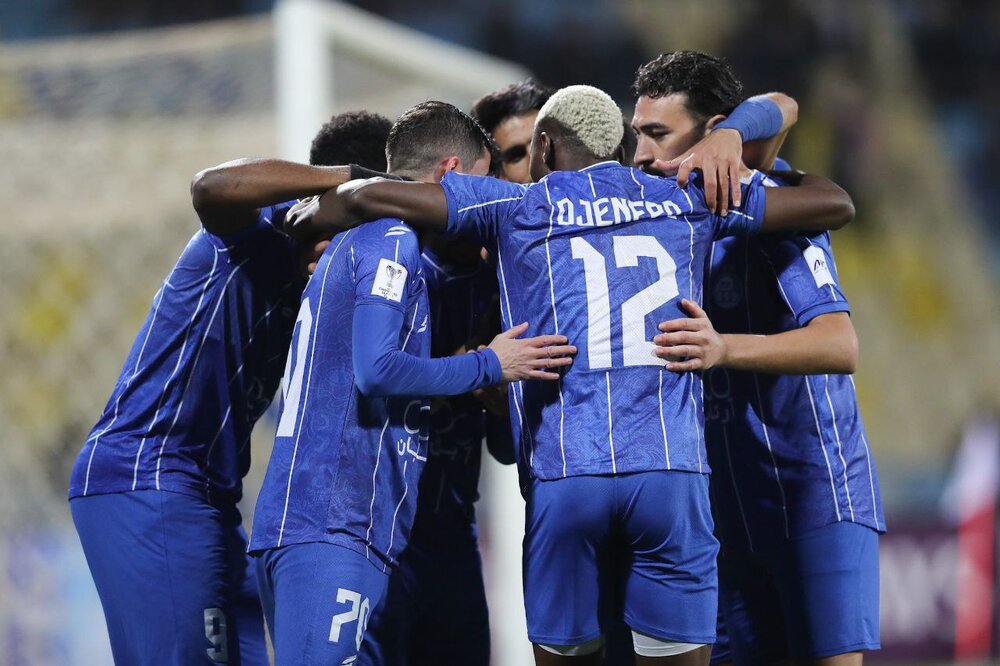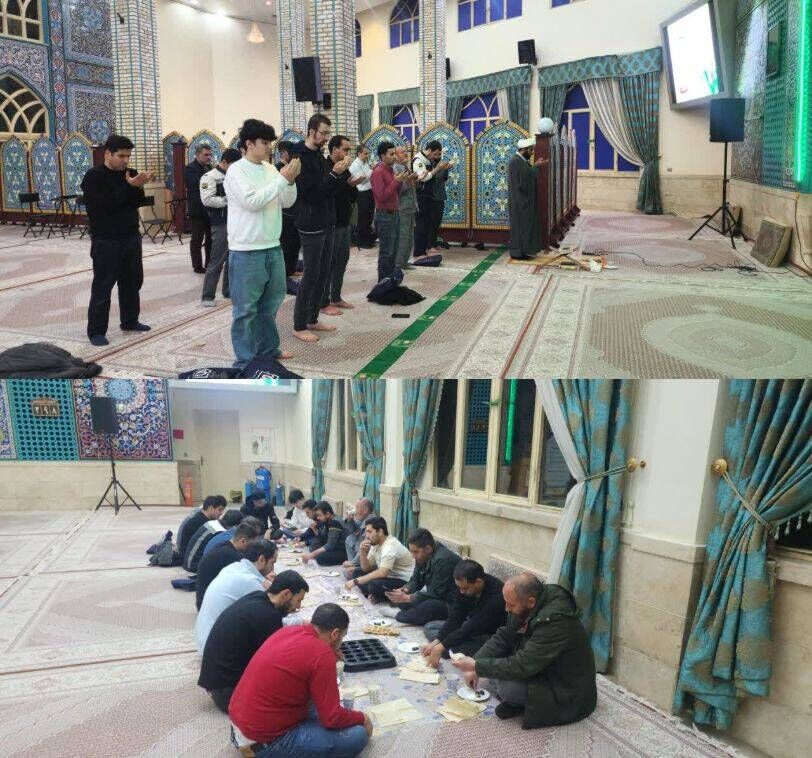My mother survived bombs and starvation in Gaza, only to die far from her family in exile
My mother survived bombs and starvation in Gaza, only to die far from her family in exile

Last night I dreamed of my mother, Suzan. She was smiling at me and said: "Israel's war on Gaza will end next week."
Even though the dream was about the waking nightmare of war, her presence in it was enough to bring my soul back to life.
I had missed my late mother terribly. For weeks, I longed to see her - even for just a moment in a dream. I opened my eyes smiling, my heart full. I tried to force myself back to sleep, hoping to see her once more, but the deafening Israeli bombardment in my neighbourhood in eastern Gaza City made it impossible.
The ongoing genocide has reshaped how people in Gaza experience separation. Every farewell could be the last. Death always feels closer than the next meeting. No one knows where the next Israeli missile will fall - whether random or deliberate, from a sniper, a drone or a warplane - or who will be the next target.
That is why, when we see our loved ones, friends or neighbours, we embrace them as if it were the last time. We hug, share hurried words, and take selfies and videos - small attempts to preserve a trace of them in case they are killed.
For my mother and me, our final meeting was different. The last time I saw her and my father was in April 2024, as they stood at the door of our house in Gaza City, preparing to leave for Rafah and then cross into Egypt.
The ongoing genocide has reshaped how people in Gaza experience separation. Every farewell could be the last. Death always feels closer than the next meeting
My parents were leaving because my mother desperately needed medical care. We refused to say goodbye. We avoided eye contact. We did not hug or take a photo.
We acted out of superstition, as if not saying goodbye could protect us from fate. By pretending there was no war, we convinced ourselves we would soon be together again.
"Take care of yourself and your sisters, habibi Ahmed," my mother said softly. I replied: "See you soon."
My parents managed to cross the Israeli checkpoints along the Netzarim corridor and spent the night at a friend's house in Rafah. Thankfully, the next morning, their names were on the list of those permitted to leave. They crossed into Egypt just one day before Israeli forces invaded Rafah and sealed the border - a closure that remains in place today.
This war has killed tens of thousands with bombs, but it also kills silently through siege, starvation, blocked medical access and forced displacement that deny us even the chance to say goodbye.
Life with Suzie
Before the war began in October 2023, my family and I lived a quiet life despite Israel's 16-year blockade of Gaza. I was a young single man, living with my parents in a small but charming apartment.
Each morning followed the same comforting rhythm. My father, a retired headmaster, rose first to prepare cheese and za'atar sandwiches. My mother brewed her special mint tea. I tidied the house, made Arabic coffee, and played morning songs - usually Fairouz, sometimes Mozart's Eine kleine Nachtmusik.
This was our daily routine for years. It gave me the energy to work as a part-time English tutor and journalist. In the evenings, I went to the gym, then called my mother to get ready for our walk along the beach. She had diabetes, and her doctor advised her to exercise regularly.
Follow Middle East Eye's live coverage of Israel's genocide in Gaza
We walked as the Mediterranean sunset painted the sky, its colours dissolving into the waves. We talked about books and films, my dreams of travelling abroad - of seeing waterfalls and mountains, of boarding a train or a plane not carrying missiles.
I told her about my passion for advocating for Palestine, for sharing the voices of Gaza with the world through my writing. She listened with her whole heart, offering gentle advice and warm encouragement.
She spoke with joy about my older siblings building their lives, and she dreamed of going on pilgrimage to Mecca, of seeing me married, of watching my children grow up.
Our relationship was more like a friendship than a traditional mother-son bond. We shared secrets. We trusted each other completely.
Suzie never went to college. She married my father at a young age, yet carried a deep, intuitive wisdom passed down through generations. With a rare gift for reading people and situations with almost prophetic clarity, she was loved and respected by family, neighbours and even strangers. People of all ages came to her, pouring out their troubles and entrusting her with their secrets.
When I was overwhelmed by the pain and injustice of the stories I was writing - compounded by the physical difficulties of working in Gaza, with power cuts, unstable internet and the constant risk of being targeted - I shared everything with her.
Whenever I faced a major decision, such as whether to study English literature in Gaza or abroad, I turned to her for guidance. When I struggled with relationships, she calmed and advised me. She helped me navigate the daily obstacles of life under blockade - unemployment, electricity cuts, border closures.
Suzie was the invisible reason I kept going - the voice in my head reminding me to live, to resist, to speak. She shaped how I see people, how I endure, how I write, and how I understand that I, too, deserve the best in the world.
In the evenings, before I returned home - whether from meeting friends, working outdoors, or after a walk - I always called to ask if she needed anything: bread, tomatoes or medicine. Sometimes she wanted nothing, only to pray for me. She always waited up until I came home, and always loved me like I was still her little boy.
Lives upended
After 7 October 2023, our warm evenings gave way to relentless bombardment. Entire neighbourhoods were flattened. The hum of low-flying drones replaced our morning music. Calm breakfasts became exhausting battles for survival - to find food, fetch water, collect wood, and cope with loss.
Our small family conversations turned into whispered questions: Who died? Who is next? Should we pack to flee? What will we take? Will we survive?
Israeli Prime Minister Benjamin Netanyahu vowed to turn Gaza "into rubble", warning residents to leave as the army would act everywhere with full force. He did. He cut off food, water, medicine and electricity. Gaza was starved, bombed, and buried under a media blackout.
In the first week, two of my sisters and their families fled to our house after receiving Israeli warnings. Then my aunt and her seven children arrived after their home was destroyed in the north.
Within days, our small home became a shelter for 26 people. My mother barely paused to breathe - baking bread by hand, cooking for dozens, washing clothes without electricity, soothing terrified children, and reading fairy tales aloud at night to muffle the sound of explosions.
A month later, when Israeli forces invaded our neighbourhood, we had to evacuate. We split into three groups, hoping that at least some would survive if others did not.
My mother, who was separated from my father and me, moved to her brother's house. During the first truce in late November, just hours before it began, my uncle was killed in an Israeli air strike while praying Fajr at the mosque.
My mother cried for days. When we returned home, we surrounded her and did our best to comfort her.
Loss upon loss
Weeks later, bombs hit another uncle's neighbourhood. I tried to hide the news from my mother, but my face gave me away. Two of my cousins were killed, with many more injured. She had no tears left, just dry, heaving sobs. She sank into depression for days.
Soon after, my grandfather was killed while evacuating his home in east Gaza City. Another uncle was bombed and spent weeks in intensive care. Then my sister's house was destroyed, killing all her husband's relatives, whose bodies remained trapped under the rubble. She survived only because she had been evacuated from her flat in the same building a month earlier.
With each new loss, my mother's health deteriorated. Israel prevented food and medicine from reaching northern Gaza. She lost nearly 20 kilograms and suffered constant stomach pain
With each new loss, my mother's health deteriorated. Israeli-engineered starvation prevented food and medicine from reaching northern Gaza. She lost nearly 20 kilograms and suffered constant stomach pain.
It was impossible to find a doctor. The few who remained were overwhelmed in hospitals crammed with the wounded. Her diabetes medicines - Glucovance and Metformin - and her asthma inhalers, Foradil and Miflonide, disappeared from pharmacies. I had bought some at the start of the war, but when they ran out, she split the tablets into two or three pieces to make them last. Eventually, the supply ran out.
I walked for miles across Gaza City, risking my life to check the few pharmacies still standing. Finding even a single tablet felt like discovering treasure. I called every friend and relative I knew, begging for medicine. In the end, she relied only on painkillers like Acamol and Panadol to numb her suffering.
Through a successful fundraiser and the help of friends abroad, my parents' names were added to the list of those able to leave Gaza through Hala, the Egyptian company that arranged evacuations for a fee. They managed to cross just one day before Israel invaded Rafah and sealed the border - a closure that continues to this day.
Dying in exile
I felt relieved that my mother had finally reached safety in Egypt, a place where bombs would not fall. She could sleep without fear, eat fresh fruit and warm bread, and most importantly, find medicine and doctors.
The day after she arrived, doctors diagnosed advanced pancreatic cancer, saying treatment should have begun months earlier.
When my father told me on a WhatsApp call, I hid my tears. After all the suffering in Gaza, must she now suffer cancer too? Still, I hoped she could be treated. I worked day and night to afford her medicine.
In the evenings, between bombings, I stole moments to video call her - brief reminders that we were both still alive. She worried constantly about me, my siblings and her grandchildren, so we all lied about our situation. When drones circled too close, I ended the call, pretending I needed to sleep. When Israeli artillery struck nearby, I covered the phone's speaker with my finger to hide the sound.
Twice, she was admitted to intensive care in Egypt. By early June 2024, the cancer had spread to her kidneys and liver. She returned to intensive care again.
I prayed for her recovery and that Israel would reopen the border so I could travel to be with her.
On 20 June, I was attending a relative's wedding in Gaza City when I suddenly felt my heart grow heavy. My uncle Ayman's phone rang. He stepped aside to answer it, his face turning pale. I tried to read his eyes, his lips. He mouthed "Suzan" and then looked at me. I understood.
I rushed to him. He tried to soften the truth: "Your mother is very weak in the hospital. You should go home and be with your sisters." But I knew what he was really telling me: my mother had passed away.
My chest tightened as if my heart would explode. I repeated to myself: "My mother passed away." My mind could not accept the truth, though deep down I had known her condition was too severe to overcome.
A life stolen
It has been more than three months since I learned of my mother's death, yet I remain stuck in that moment, unable to accept she is gone forever.
I still dial her number every evening. I think of our talks. I listen to the music she loved. I reread our WhatsApp chats. I hear her voice in crowds. I imagine her in every place. I have so many secrets to tell her. I keep flashing back to her sacrifices in Gaza, raising me and my siblings through impossible circumstances. Sometimes I wish I could die just to be with her again.
Suzie did not die by chance. She was killed many times over by the ongoing Israeli genocide - when she lost relatives, when she was starved, when she was forced to evacuate seven times, when she endured nights of pain without medicine, and when she finally died far from her family and home.
Suzie did not die by chance. She was killed many times over by the ongoing Israeli genocide - when she lost relatives, when she was starved, when she was forced to evacuate seven times
Israel may kill more than 70,000 people with bombs, but it kills many more like my mother in myriad ways. If she had lived in the United States, Saudi Arabia or anywhere else, she would have received proper treatment. She would not have died separated from her children.
But we are Palestinians living in Gaza. That is why I could not see her one last time. That is why I could not be by her side in her final moments.
I remain trapped here, in the world's largest open-air prison. I tried every possible way to reach Egypt - paying Hala, applying for scholarships - but I failed. If this genocidal war continues, many more mothers like mine will die, and many more children like me will lose their loved ones.
In Gaza, our destiny is bound to loss, hunger, pain and survival. Yet we were raised to believe we deserve dignity, and to hope for a better life - even in our dreams.
I return often to that dream of Suzie, the first since her death. She was smiling, telling me the war would soon end. I ask myself: why did she say that? Was it a mother offering her son one last fragment of hope? And will I live long enough to see that day?
The views expressed in this article belong to the author and do not necessarily reflect the editorial policy of Middle East Eye.













